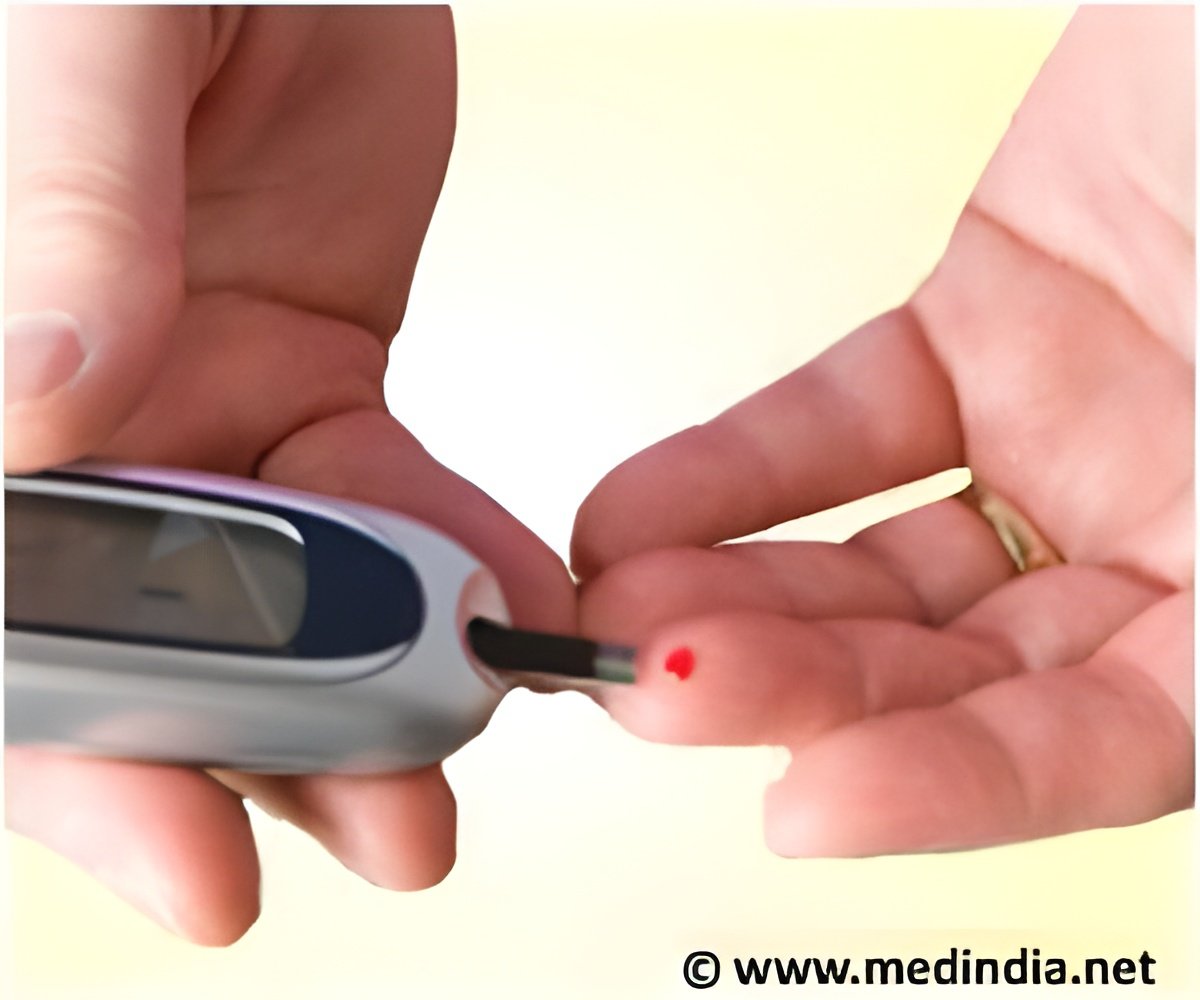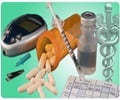According to a large study, high blood levels of the serum C-peptide are linked to heart disease and death in people without diabetes.

"We found a significant association between serum C-peptide levels and risk of all-cause, cardiovascular-related disease and coronary artery–related mortality among adults without diabetes," writes Dr. Kyoung-bok Min, Department of Occupational and Environmental Medicine, Ajou University School of Medicine, Suwon, Republic of Korea, with coauthor.
The study authors found that C-peptide levels were better at predicting mortality than other measures such as glycated hemoglobin and fasting blood glucose. Although the reason for the increased risk of death has not been determined, the authors suggest it may be because of the relationship between C-peptide levels and risk factors for atherogenic vascular issues.
"Our findings support the potential relevance of serum C-peptide as a predictor of adverse health outcomes and indicate that elevated C-peptide levels may be an important predictive marker of an increased risk of death," they conclude.
Source-Eurekalert














